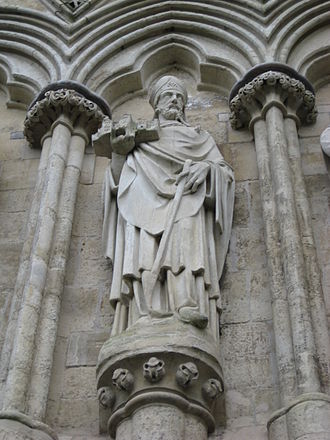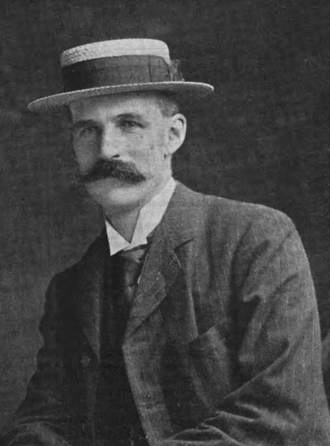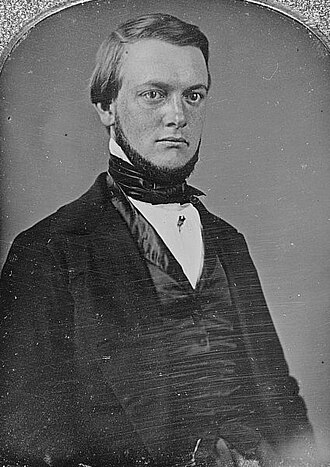Poore Last Name Origin, History, and Meaning
Where did the surname Poore come from? What does the surname Poore mean? Discover the history and meaning of the last name Poore and family migration on YourRoots Map.
Surname Poore Origin: What does the last name Poore mean?
The surname Poore has English origins, first appearing in records from England around the early 14th century. It remained closely associated with England from the 14th to the 18th centuries, with YourRoots data indicating global spread over the centuries. By the 20th century, the volume of records with the Poore surname significantly grew in the United States. Today, the Poore surname remains prominent in the United States and can also be found in countries like England, Australia, Canada, and New Zealand.
YourRoots data confirms the presence of the Poore surname in England since the early 14th century. The name has spread globally over the centuries, with records showing its prevalence in countries like the United States, Australia, Canada, and New Zealand. The Poore surname's history reflects a legacy that has transcended borders and continues to be a significant part of various cultures and regions in the modern era.
Poore Last Name History: Where did the last name Poore come from?
Origin of Poore Surname: Where does the last name Poore originate from?
According to YourRoots data, the surname Poore first appeared in records from England around the early 14th century. Please note that this reflects only YourRoots data for the exact Poore spelling and does not include other record sources or surname variations.
History of the Last Name Poore: What does the Poore surname history look like in the early days?
The Poore surname remained closely associated with England from the 14th to the 18th centuries. YourRoots data also shows Poore family records in countries like the United States, indicating global spread over the centuries.
Global Spread: Where can we find the Poore surname today?
By the 20th century, the volume of records with the Poore surname grew significantly in the United States. The Poore surname remains prominent in the United States. It appears in many countries, including England, Australia, Canada, and New Zealand.
Explore Poore last name heritage and Poore surname origin based on YourRoots Map data
 VIEW THE ORIGIN OF SURNAME POORE
VIEW THE ORIGIN OF SURNAME POOREFamous People With Poore Surame?

Richard Poore
Richard Poore (died 15 Apr 1237) was a medieval English bishop known for founding Salisbury Cathedral and City. He served as Bishop of Chichester, Salisbury, and Durham. Poore oversaw the construction of Salisbury Cathedral and laid out the town of Salisbury. He issued influential statutes and welcomed Franciscan friars. Poore was involved in governing England and participated in the translation of saints' relics. His legacy includes promoting education and church doctrine. Poore's detailed constitutions governed relations in Durham. He withdrew from royal service and left a lasting impact on church government. Poore's contributions to English history and church life are remembered to this day.

Robert Poore
Brigadier-General Robert Montagu Poore (20 Mar 1866 – 14 Jul 1938) was an Anglo-Irish cricketer and British Army officer known for his exceptional skills in sports and military service. He played cricket for South Africa and Hampshire, excelling as a batsman. Poore served in the Second Boer War, where he investigated the war-crimes trial of Breaker Morant and Peter Handcock. During World War I, he commanded the Jhansi Brigade and retired from active duty in 1921. A versatile athlete, Poore was also skilled in polo, tennis, and fencing, earning accolades for his abilities. His legacy as a decorated military figure and sportsman continues to be celebrated.

Dennis Poore
Roger Dennistoun Poore (Aug 19, 1916 – Feb 12, 1987) was a British racing driver, financier, and entrepreneur. He chaired Norton Villiers Triumph (NVT) during the final years of the British motorcycle industry. Poore competed in two World Championship Grands Prix in 1952, finishing fourth in his debut. He won the British Hill Climb Championship in 1950 and later raced sportscars for Aston Martin, winning the Goodwood International Nine Hour race. Poore used his wealth to found the motor racing journal Autosport. He later became chairman of Manganese Bronze Holdings PLC, restructuring the British motorcycle industry through NVT. Poore's legacy includes the iconic London taxi, the FX4.

Benjamin Perley Poore
Benjamin Perley Poore (Nov 2, 1820 – May 30, 1887) was a prominent American newspaper correspondent, editor, and author in the mid-19th century. Known for his colorful letters to The Boston Journal and other newspapers, he was an active partisan for the Whig and Republican parties. Poore also organized a battalion of riflemen during the Civil War and served as major in the 8th Massachusetts volunteers. He was a member of the American Antiquarian Society and organized the Gridiron Club in 1885, known for its annual white-tie dinners that continue to attract presidents and dignitaries. Poore's writings include books on historical figures like General Zachary Taylor and Napoleon Bonaparte.

Herbert Poore
Herbert Poore (died 1217) was a medieval English clergyman who held the post of Bishop of Salisbury during the reigns of Richard I and John. He was instrumental in the relocation of the see from Old Sarum to the Salisbury Plain, although the plan was abandoned when King John came to power. Despite facing challenges and excommunication due to his involvement in political disputes, he played a significant role in the ecclesiastical and political landscape of his time. Poore's legacy lives on through his contributions to the church and his efforts to advance the bishopric of Salisbury.
All images displayed on this page are sourced from Wikipedia or Wikimedia Commons.We use these images under their respective Creative Commons or public domain licenses. Wherever applicable, author attributions and license information are provided. If you believe an image is used incorrectly or outside its license terms, please contact us so that we can review and correct the issue.




.png)